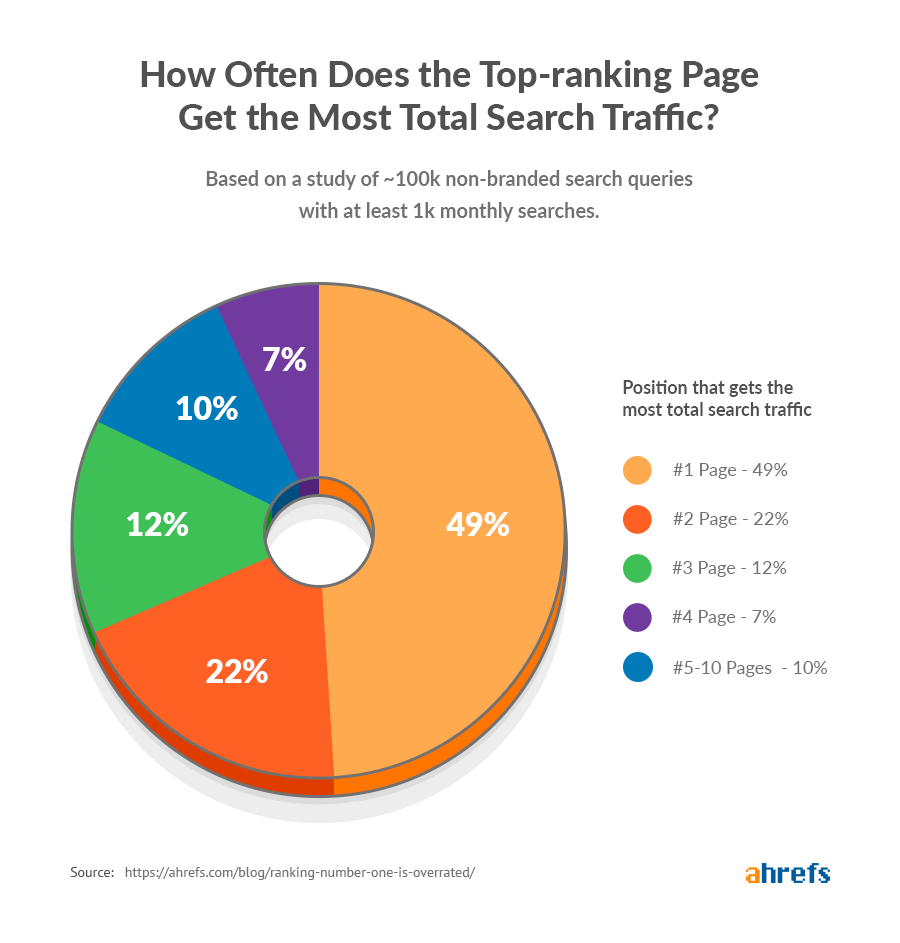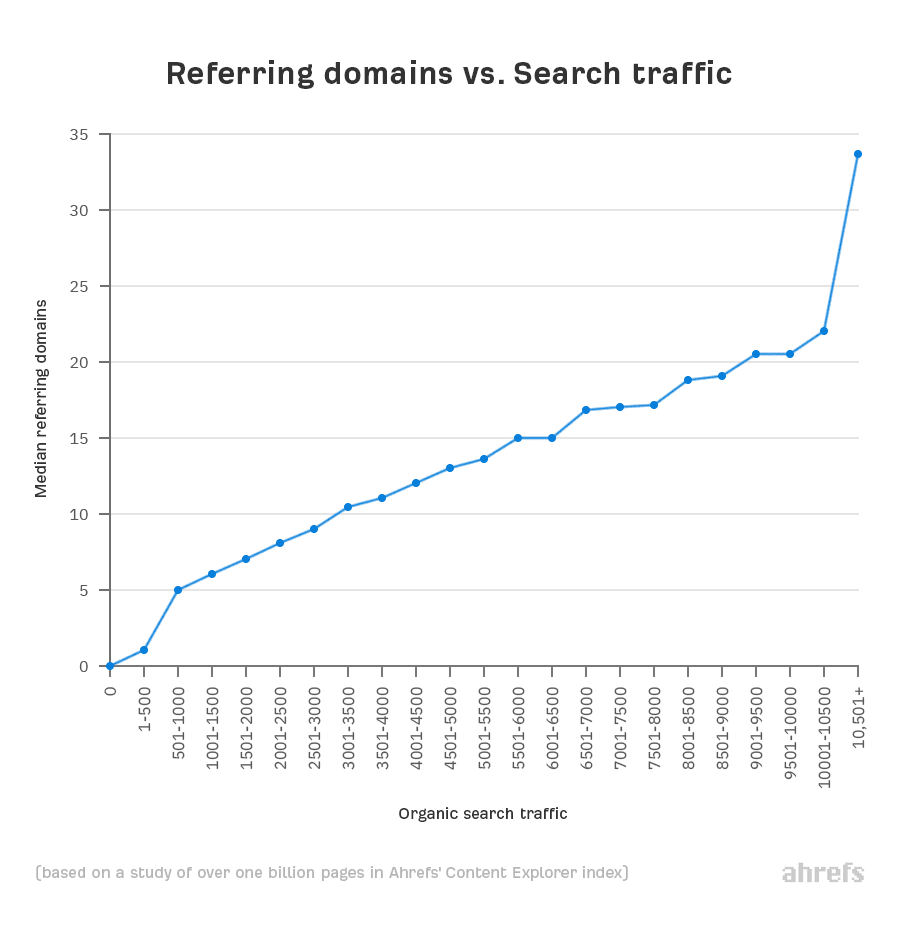
Keyword Research and How to Rank in Google for Any Keyword
Search Engine Optimization (SEO) is accomplished in many ways. Most likely, your website is already optimized, with or without the aid of professional SEO services. So, if your site isn’t ranking within the top 10 pages of search results for your target keyword, then you’ve got some marketing work to do. If you want your selected page to rank for a specific keyword, you must optimize your SEO to target that keyword specifically.
This article will show you how to accomplish this.
Find the Right Keywords
You may have keywords in mind that are already present on your webpage. If so, you may have done your homework regarding keyword research. If you are new to SEO, you may want to review your research to be sure you’ve done enough analysis to find the right keywords.
The following are guidelines for finding, analyzing, and optimizing keywords for your web pages.
Choose Keywords Relevant to Your Business Model
You’re more likely to increase returns on your rankings if your keywords are relevant to your business and the products or services you offer. After all, rankings are only valuable if they drive worthwhile leads. Whatever traffic you generate should be from potential customers searching for what your company provides. For example, a wedding photographer should target “how to stage engagement photos” rather than “how to make your own photo booth” because the former term will reach their target audience.
Make a List of Relevant Topics
Begin with a list of relevant topics based on what you already know about your business. Think about the general topics you want to rank for and come up with a half dozen or more. Once you have those general topics, you can refine them to create more specific keywords or phrases your customer will likely use to conduct searches. These are the terms that will rank on the Search Engine Results Pages (SERPS). Your focus here is to brainstorm the phrases you think potential customers will use to search for content related to those general topics.
Keyword Research
Keyword research involves identifying and analyzing the search terms people type into search engines. The goal is to use your findings for SEO and general marketing. Keyword research uncovers queries to target, the popularity of these queries, and their ranking difficulty.
Keyword research helps you determine which keywords are best to target. It also offers insight into your target audience’s search queries on Google. This data yields the actual search terms that become your keywords and form your content and overall marketing strategies.
People use keywords searching online for information, products, services, and so on. By targeting those searches, you can rank higher on search pages and increase your traffic. Think of it this way, you are not creating content based on the message you want to deliver. Instead, you are creating it around what people want to find for themselves. Your target audience is out there, trying to find their way to you. Keywords light the way to your website, and your first step is keyword research.
There are three main elements to pay attention to when conducting keyword research: Relevance, authority, and volume. First, Google ranks content for relevance, and your content will rank for a keyword only if it meets the users’ needs and is the best match for the query. Next, Google gives more weight to authoritative sources, so your site should be rich with helpful, informative content bolstered by social sharing and backlinks (more on backlinks later). Finally, your site can only rank for a specific keyword if that keyword is heavily searched.

Understand Search Intent
The term search intent describes the purpose of an online search. Google and other search engines employ algorithms to help interpret search intent. For example, when someone types “Amazon” in the search bar, the Amazon eCommerce URL appears first before the mythical Amazon warriors or the famous Amazon River. That’s because Google’s RankBrain algorithm uses a type of Artificial Intelligence (AI) called machine learning to aid the search engine in interpreting the user’s intent.
Keywords have different meanings when it comes to how and why people are using them. The search engines are using AI to learn human behaviors, and it will serve you well to do the same when it comes to understanding why and how people search the internet. To build content around your targeted keyword, you need to know why and how users are using that keyword.
The intent behind a search is essential to your ranking potential, so you must be deliberate in how you interpret the keywords you target. Often, the answers are apparent in the keyword itself. If the keyword is “buy fabric scissors,” it’s clear the intent is to purchase that item. If the keyword is “DIY slipcovers,” then the intent is to find a tutorial or how-to guide.
Search intent includes the following types:
- Informational – to find information on common topics
- Navigational – to find a specific website
- Commercial – to conduct market research when looking to purchase an item
- Transactional – to make a purchase or complete an online transaction
- Inspirational – to overcome a creative or spiritual block
- Entertainment – to find something funny or otherwise entertaining
- Educational – like informational intent, though with the goal of gaining long-term knowledge
- Link – used by bloggers to find keywords for content
Even when you’re reasonably sure of the intent, it’s good practice to use Google to research the intent of your chosen keyword. The top results your search show is what Google is showing as the best matches. Even if your page is not among the results, see if the results return the type of content you anticipated.
As an experiment, let’s search for the term “window film.” The results yield sponsored ads first, then a list of related searches. The following results are articles about the ten best window films. Finally, we see some listings for local window tinting services.
So, if you are selling window film or over window tinting services, you may rank within the top 100 search results. To better align your content with search results, you can create a blog post for your website about the ten best types of window film in order to appear in that category as well. Of course, if your target keyword does not lead to the results you expected, meaning you don’t see your page or even one like yours, then you won’t rank for that keyword.

Use Website Analytics Software
Website analytics software like Google Analytics enables you to analyze your website’s traffic sources and review your organic search traffic to identify what keywords people are using to arrive at your site. You can also use the software to examine the general topic buckets you’ve developed.
Another tool Google offers is Google’s Keyword Planner, which provides search volume and traffic estimates for your potential keywords. Keyword Planner helps identify any terms on your list with too little or too much search volume. If you decide to remove a keyword, you can do a final check using Google Trends, which lets you review the trend history and projections. Sometimes, you’ll want to keep some low-volume terms that promise to yield results in the near future.
SEO tools can help you generate more keyword ideas based on exact match keywords and phrase match keywords that match the ideas you’ve generated up to this point. In addition to Google’s offerings, some of the more popular tools include the following:
- Ahrefs Keyword Explorer
- Keywords Everywhere
- KeywordTool.io
- KWFinder
- Moz
- SECockpit
- SEMrush
- Ubersuggest
Examine Related Search Terms
Whenever you enter a keyword into a search bar, you will see a list of related search terms towards the bottom of the results page. Take a closer look at those to see if they contain any new keywords that match your company as well as your users’ search intent. If so, you can adapt your target keyword(s) accordingly.
Other uses for these related search terms are to build them into your content to establish authority over your niche topic. They can be the basis for creating topic clusters in your company blog and go a long way toward building your overall site structure.
Examine How Your Competitors Are Ranking for These Keywords
If your competitor(s) are ranking for specific keywords that you also have on your list, then you’ll want to improve your rankings for those. That’s not to say you should ditch any terms your competitor doesn’t have. Keywords are unique to the company as well as the product or service it offers. The goal is to see how common keywords rank with your competitor and apply your analysis to your own keyword strategy.
To see what keywords your competition is ranking for (other than manually searching), you can use tools like Ahrefs to create free reports that show you the top keywords for whatever domain you enter. That lets you see the terms your competitors are ranking for and how well they are doing compared to your rankings for the same terms.
Choose a Keyword to Rank Higher For
Once you have created and researched your keywords, it’s time to choose one or two to rank higher for. There are a few characteristics that aid in the selection process. Select keywords that:
- Drive the most traffic. Those keywords appearing at the top of your reports are the best targets for maximizing organic traffic because they are the ones already driving traffic to your site.
- Have high search volumes. Check the “Volume” column of the report to ensure the keyword has search volume. Low-volume keywords won’t improve rankings.
- Have high business value. The point of driving organic traffic to your site is to generate revenue. So, prioritize keywords with the maximum business value.
- Are non-branded keywords. Branded keywords belong to third parties. So, if your keyword is identified as a branded keyword for another company, avoid it. The SERPS will always return results for the company holding the brand.
Generate Backlinks
Backlinks are links from one website’s page to another website’s page. You probably link to other websites in your blog posts. For better rankings, you want links on other websites that point back to your page. Even when your content is positioned for a keyword, having backlinks move you up in the SERPS.
Google views backlinks as “votes” for web pages compared to other alternatives. Backlinks actually formed the foundation of Google’s original algorithm, and they remain a key factor in determining rankings.
According to Ahrefs, over 90% of all their indexed pages receive no visitors, which means none of those pages are showing in SERPS. Adding backlinks is one way to ensure your pages aren’t among those. More backlinks lead to higher rankings because your content is shared and viewed by those who click on the backlink. If your backlinks appear on widely visited websites, more people will click, read your content, and hopefully share it on other platforms. This all leads to more search traffic and higher SERPS rankings.
To create backlinks, run a link-building campaign such as infographic promotion or guest posting. Infographics take lots of information and turn it into an engaging visual graphic that people can easily share, making them perfect for generating backlinks.
Guest posting or guest blogging means writing content that appears on other blogs or websites. Guest posts can drive traffic and create quality backlinks for your site. You can also respond to comments left on your guest post, thus generating more backlinks.

Track and Repeat for Other Keywords
After all your efforts, you’ll surely track your rankings to see how your keyword is performing. You can use a tracking tool such as Ahrefs Rank Tracker to accomplish this. With the Rank Tracker, you can track up to 10,000 keywords depending on your plan subscription. Though, you may just wish to track the primary target keyword for each page.
Ranking well for one keyword is good, though ranking high for many keywords is better. No need to stop with one or two keywords. Repeat your research and analysis process for additional keywords. Ranking high for hundreds of keywords will drive significantly more traffic than just one or two.
SEO Services for Keyword Research and Content Strategy
Whether your goal is to rank higher for one keyword or a group of keywords, following these guidelines will lead to improved rankings and increased traffic to your website. Several free and subscription-based SEO tools are designed explicitly for keyword selection, research, and analytics. Many smaller companies handle their SEO in-house, and larger organizations do the same, having entire SEO marketing teams. However, some SEO professional service providers like Searched & Found can help with keyword research and overall content strategy.